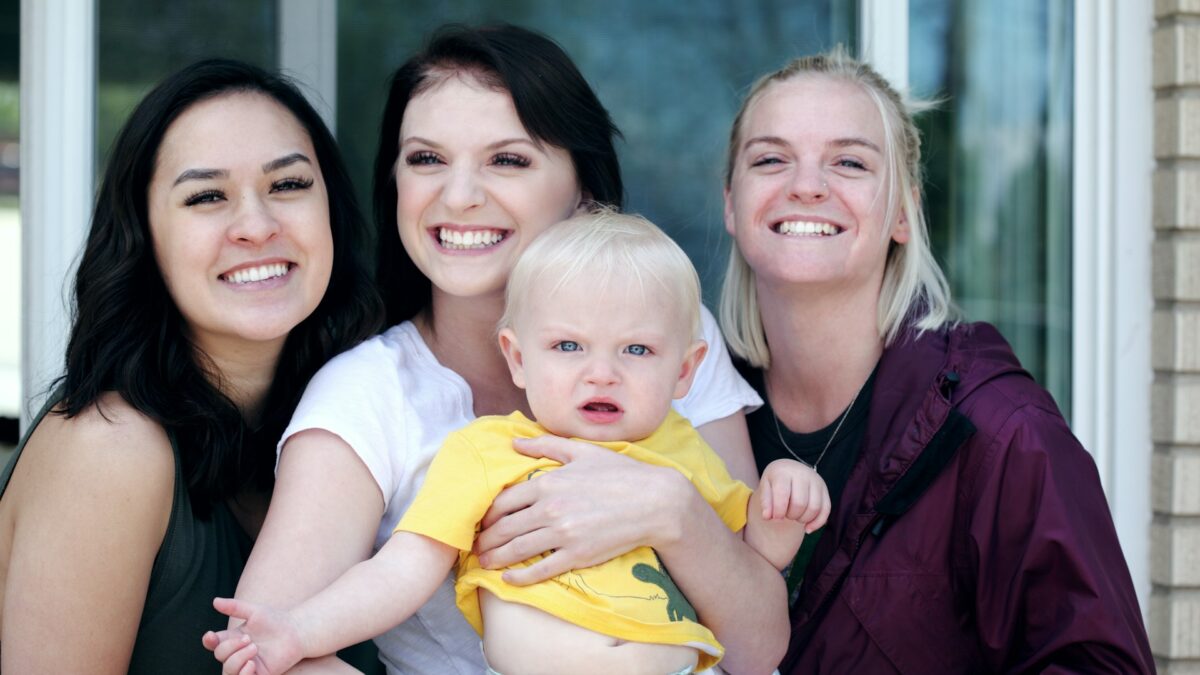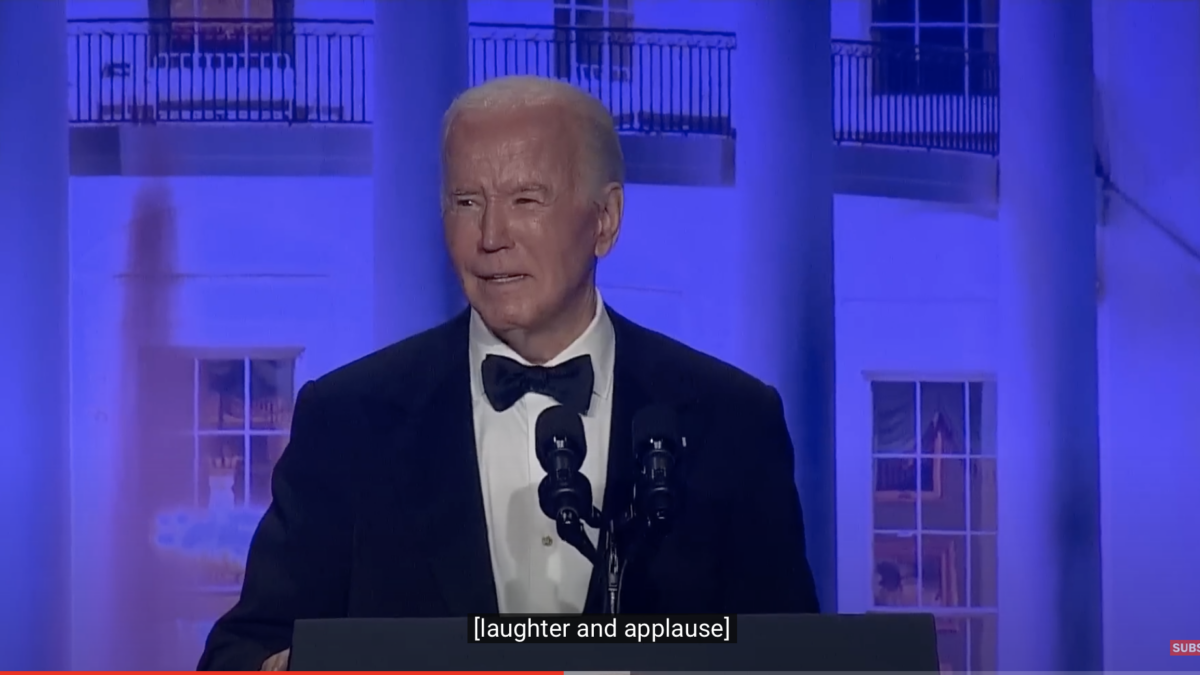
Women face incredible pressure to suppress our conservative inclinations. A recent national survey by the KAConsulting Group on behalf of the Clare Boothe Luce Center for Conservative Women reveals this truth and suggests what lies behind the façade of studies that indicate otherwise. Most importantly, it uncovers a straightforward path to empower women to be forces for good in the world.
Can it really be that women are naturally conservative? Consider data from Pew Research Center showing the left maintains a sizeable advantage among women who are single, more highly educated, and live in urban areas. Such surveys reveal a snapshot of the moment, but they don’t tell us why women tend to join left-wing causes as a group.
The story of suppressed conservative instincts begins with government-run K-12 education. We all know wonderful people from our neighborhood schools. But our one-size-fits-all approach makes even well-intentioned teachers complicit in imposing a leftist worldview on impressionable young people.
Higher education and online spaces reinforce leftist assumptions and may be especially harmful for young women. More than 60 percent of college students are now women. Studies show that young women spend more time on social media and are more likely to conform to a group than young men.
Women are more likely than men to study disciplines dominated by leftists, including education, women’s studies, psychology, social work, and other humanities and social sciences. Many of the most prominent university presidents pushing radical leftist agendas are women, including Martha Pollack of Cornell University and, until recently, Claudine Gay of Harvard University and Liz Magill of the University of Pennsylvania.
The KAConsulting survey shows that most young women (79 percent) get their news from social media, with TikTok (68 percent) and Instagram (57 percent) as the leading platforms. Woke and far-left content dominates online spaces where users are rewarded with acceptance and praise for affirming even the most radical ideas and behavior.
The message to young women during their formative years is simple: Conform to progressive ideas or be mocked and ostracized. It’s no wonder that the KAConsulting survey found that 72 percent of all women believe that life is generally harder for women than men. The peer pressure to conform is overwhelming.
We often hear that better-educated women are more progressive. But is the cause education itself or the indoctrination within education that is reinforced by the culture? The question remains: Are women more liberal or more conservative at heart?
Closeted Conservative Beliefs
Here, the KAConsulting survey provides remarkable insights. Among all women (80 percent of whom did not identify as conservative): 79 percent think a stay-at-home mom is equal in success to women in a professional field; 74 percent think kids should have the opportunity to attend a school of their choice, regardless of zip code; 71 percent oppose transgender surgeries for minors; 68 percent plan to be married with at least one child by the time they’re 30; 64 percent think hook-up culture is harmful to women; and 62 percent oppose men competing in women’s sports.
Given these findings, why don’t women register more conservative in Pew and other research data? The answer may be found in women’s prioritization of friendships and family relationships. The KAConsulting survey reveals that 42 percent of all women conceal or downplay their views. Among these, 75 percent cite the desire to avoid conflict, and another 10 percent fear losing friends or family. Among self-identified conservative women, 50 percent conceal their views and, in addition to avoiding conflict, 10 percent fear “being canceled” and 9 percent fear a negative effect on their grades.
We must do more to cultivate women’s natural conservative tendencies during their formative years.
I’ve seen this personally. The Luce Center, where I now serve as president, has been bringing conservative speakers to campus for over 30 years. In fact, I even hosted a lecture myself as a student at Rutgers University. Bringing young women together in the spirit of friendship can be surprisingly powerful and persuasive. The survey results are a stark reminder that young women are looking for just this kind of direction and support.
America’s young women are far from lost. They are the unrealized, reluctant-to-offend, naturally conservative leaders of a freer, more virtuous America. They need to know they’re not alone.









